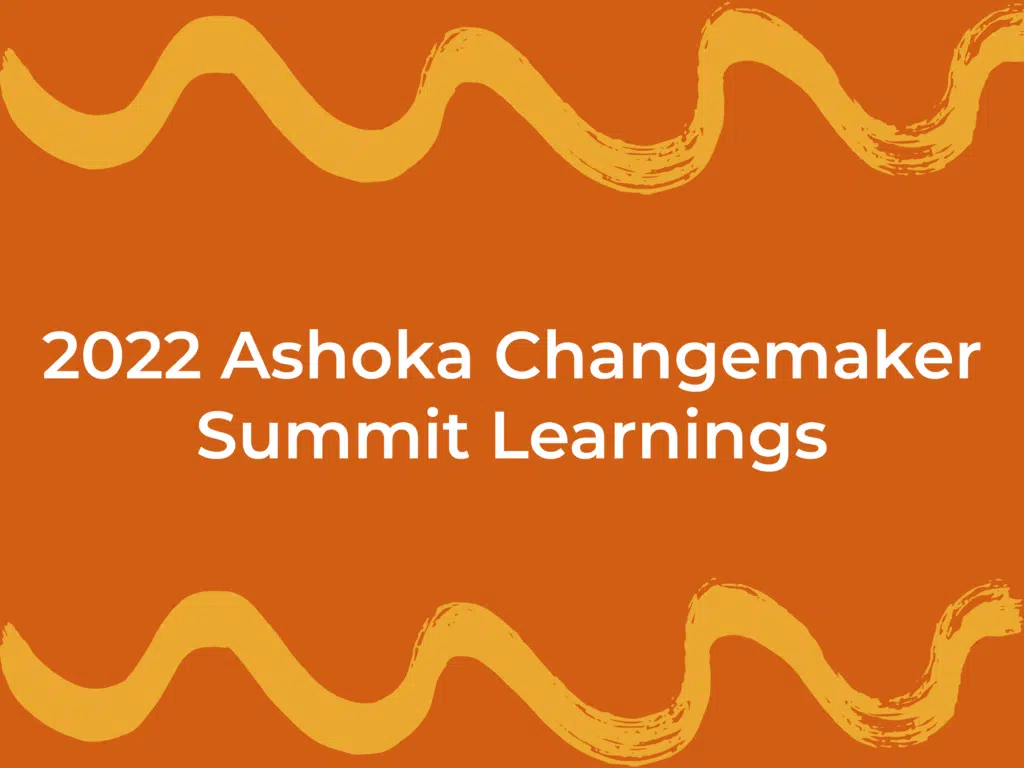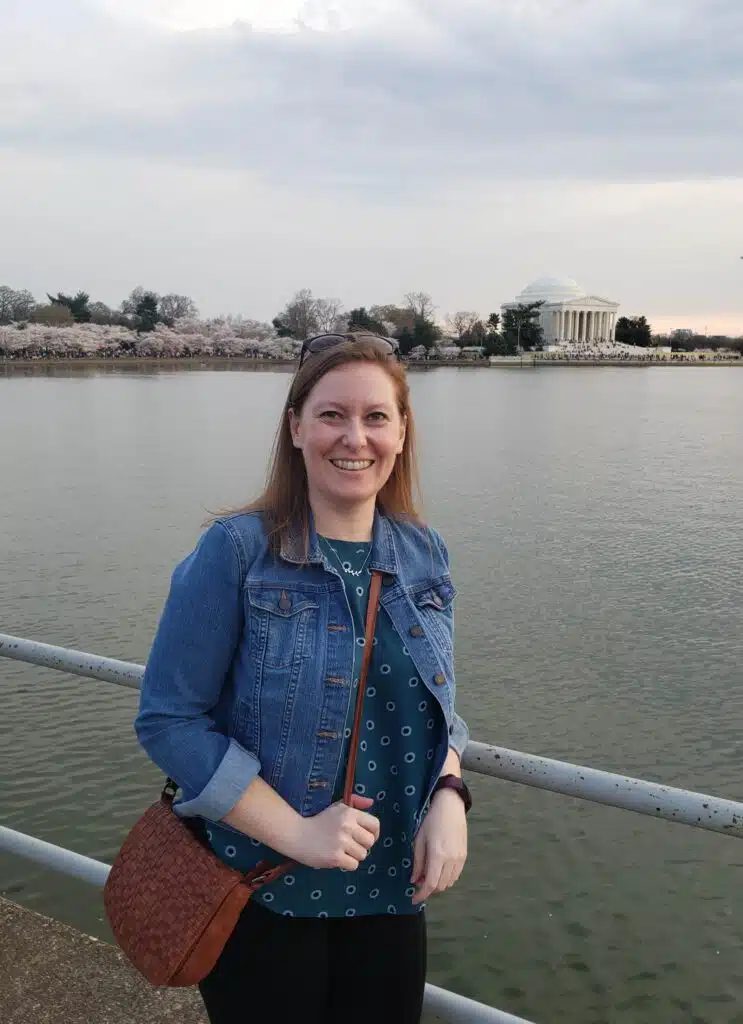Last fall, Geneva Global and Global Impact had the opportunity to travel to Brussels, Belgium, to attend and present at the 2022 Ashoka Changemaker Summit. Geneva Global was also proud to be one of the official sponsors of the summit.
At the two-day summit, more than 400 social entrepreneurs, funders, corporations and nonprofits gathered to connect, learn and collaborate, with the guiding principle that by communicating our goals and aspirations with one another, we can most effectively identify our shared priorities and better work towards achieving them together.
Here are three key takeaways from the presentations and conversations at the summit. These are by no means exhaustive (we couldn’t attend every session!) but simply the headlines that struck as particularly salient.
Funders are rethinking their approach
“To finance change, we need to change finance.”
With more than 147,000 foundations in Europe alone, there’s no shortage of organizations and individuals looking to do good. While presenters acknowledged that a hallmark of a generous society is one where people give, they also agreed that giving has become more individualized and less socialized and that more of an effort must be made to create the right societal structure for funders to give.
The Indiana University Lilly School of Family Philanthropy and others are studying generosity behavior and have found that a lack of diversity and accountability remains prevalent throughout the sector. However, funders, specifically foundations, conceded that they don’t always feel equipped, have buy-in from key stakeholders, and/or are restricted from engaging with grantees in certain ways because of their by-laws. These funders are on a learning journey around deciding how to diversify and make more inclusive funding recipients, and how to ensure that funding allocations are equitable and in line with their diversity, equity and inclusion (DEI) principles.
This conversation comes as funders are increasingly embracing complexity in their funding – considering intersectionality, for example – and providing not only project-specific but core operating funding. Funders are also becoming more flexible with unrestricted funding as they move towards a more trust-based approach. With many funders making intentional declarations around putting the communities they seek to reach at the heart of their strategy, they’re asking themselves how they can change the flow of funding so that it achieves its intended outcome.
To better empower grantees, concessions are being made to increase openness in the sector. Some foundations have transitioned from written to oral reporting and have found more detail in those conversations than in written summaries, while others have shifted to long-term relationships with grantees, complemented by rapid-response grants, in order to build trust. There is an awareness that “to finance change, we need to change finance” and that the sector still has work to do to achieve this.
A sense of [climate] urgency and need for systems change
“We are the interstitial generation between two worlds – with the language of the former, and the view of the future.”
As one presenter noted, “the deadly bullet has already left the chamber.” The world is facing extreme challenges, including climate change, educational equity and food security. There is a greater sense of urgency to address them holistically – seemingly now more than ever. This is complemented by a growing recognition that more structural change is needed to do so as opposed to simply palliative interventions.
It’s no longer a question of the “moonshot” but of the “Earth shot,” as one presenter argued, and the philanthropic community must build its collaborative capacity in order to transform the systems of the world around us. In order to succeed, we must become more comfortable with the idea of talking about not only our successes, but our failures too, in a way that builds pro-structural reform alliances.
The enduring power of storytelling
“Storytelling is the most ancient technology that we have.”
The power of storytelling should not be minimized, the summit’s closing plenary reminded us. In fact, it is imperative that we continue to leverage our stories to challenge the paradigm. As we all know, an audience is 22 times more likely to remember a story than a fact, so in order to “make visible what is invisible,” we must be intentional in how we tell our stories.
To move beyond the narratives of delay-ism and incrementalism, to balance between urgency and agency, we must remember that storytelling is a part of social change work. The interventions required to bring about narrative change and shift mindsets and values demand that we act out the stories we want to tell.
So, what does this all mean for us as we go into the year ahead? In spite of the daunting challenges we face, we’re encouraged and motivated by the commitment and dedication of this passionate community of change leaders seeking to bring about systems change and by our nonprofit, corporate, and foundation partners who we have the privilege of working alongside with each day—from designing giving strategies for corporates and foundations to implementing resource mobilization plans for nonprofits while partnering with organizations making a difference on climate change and crafting compelling cases for investment. Learn more about Geneva Global and Global Impact and how we can help your organization achieve your priorities.




